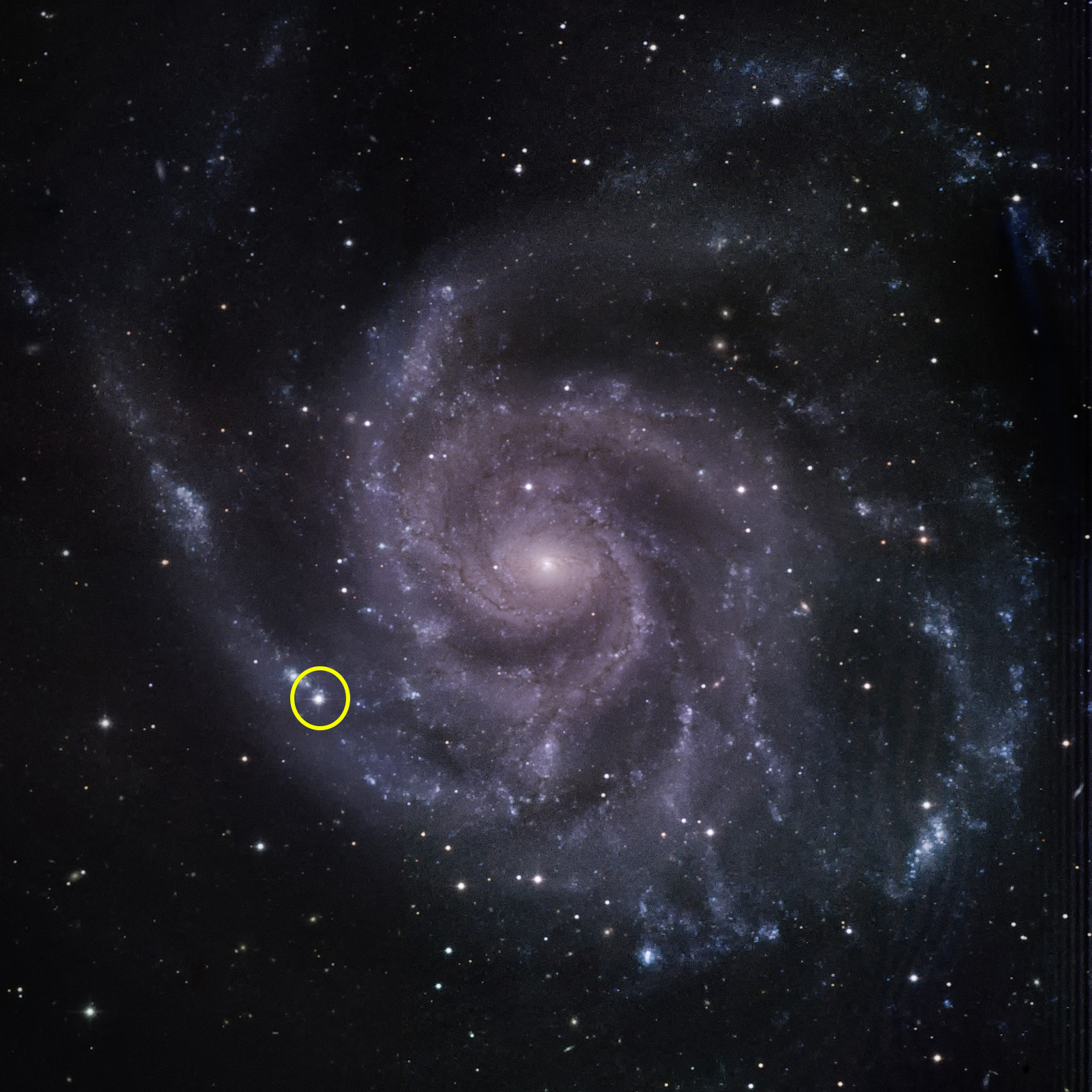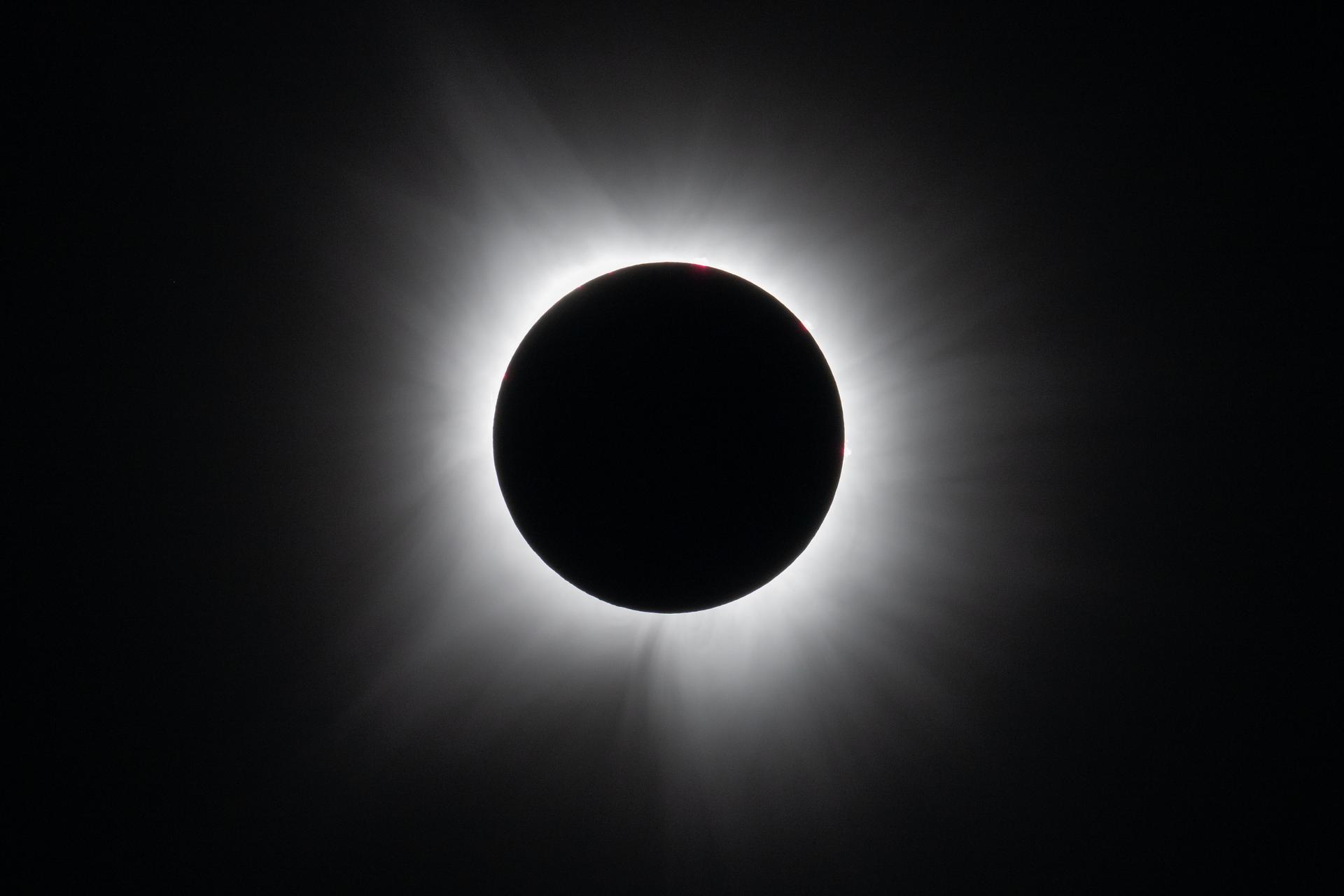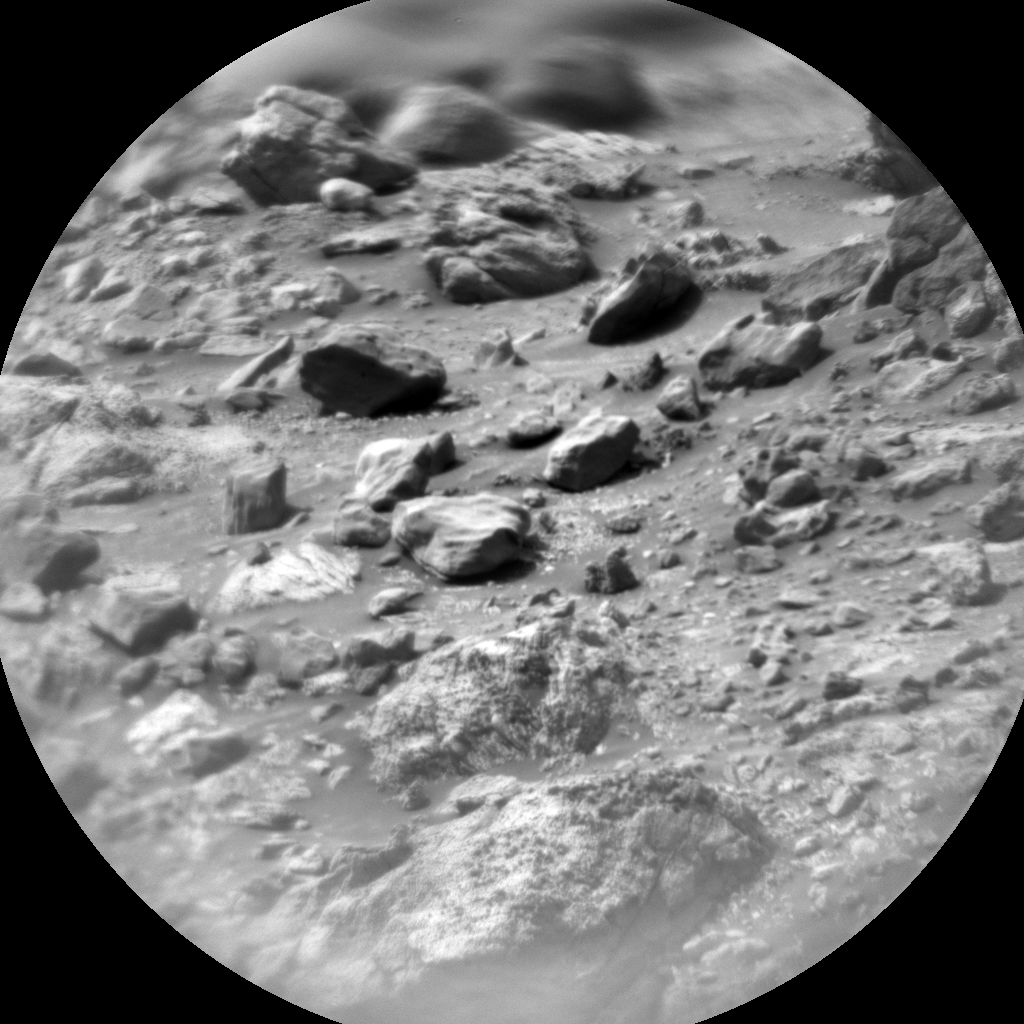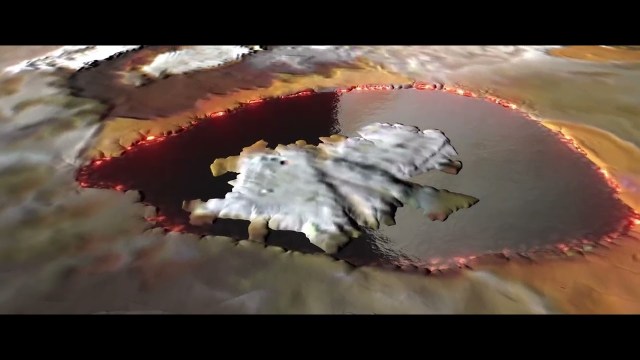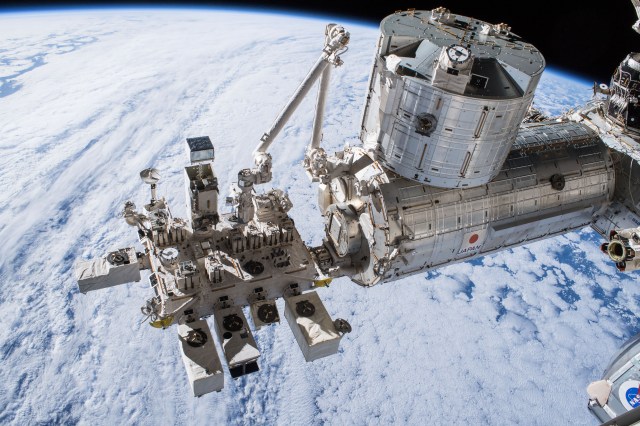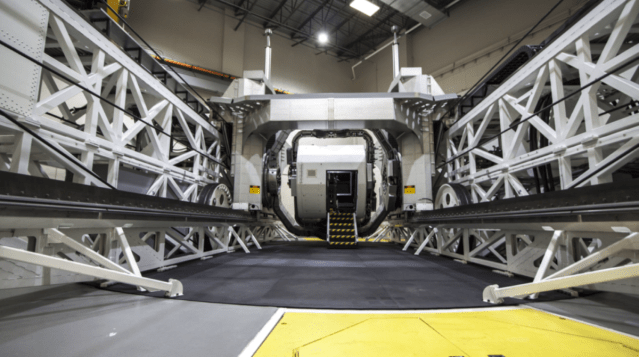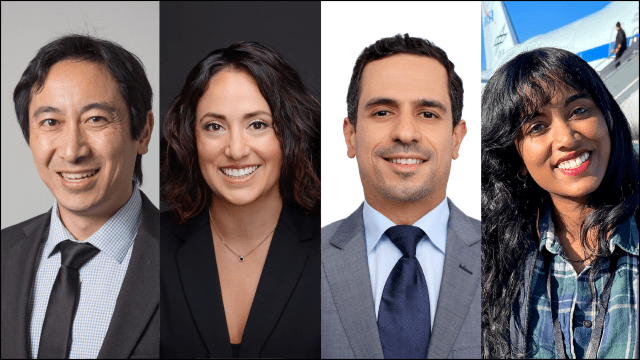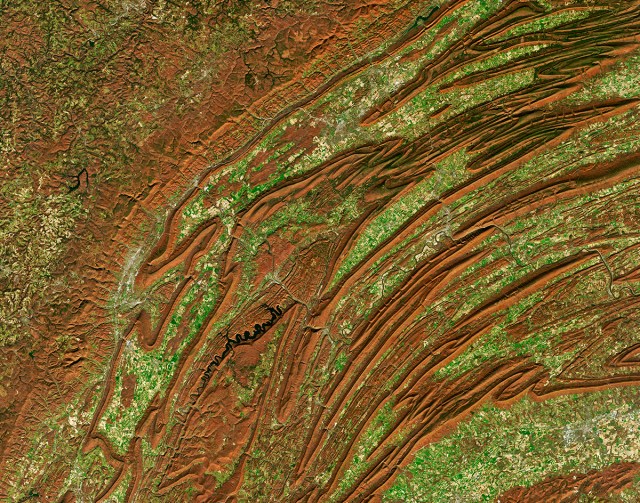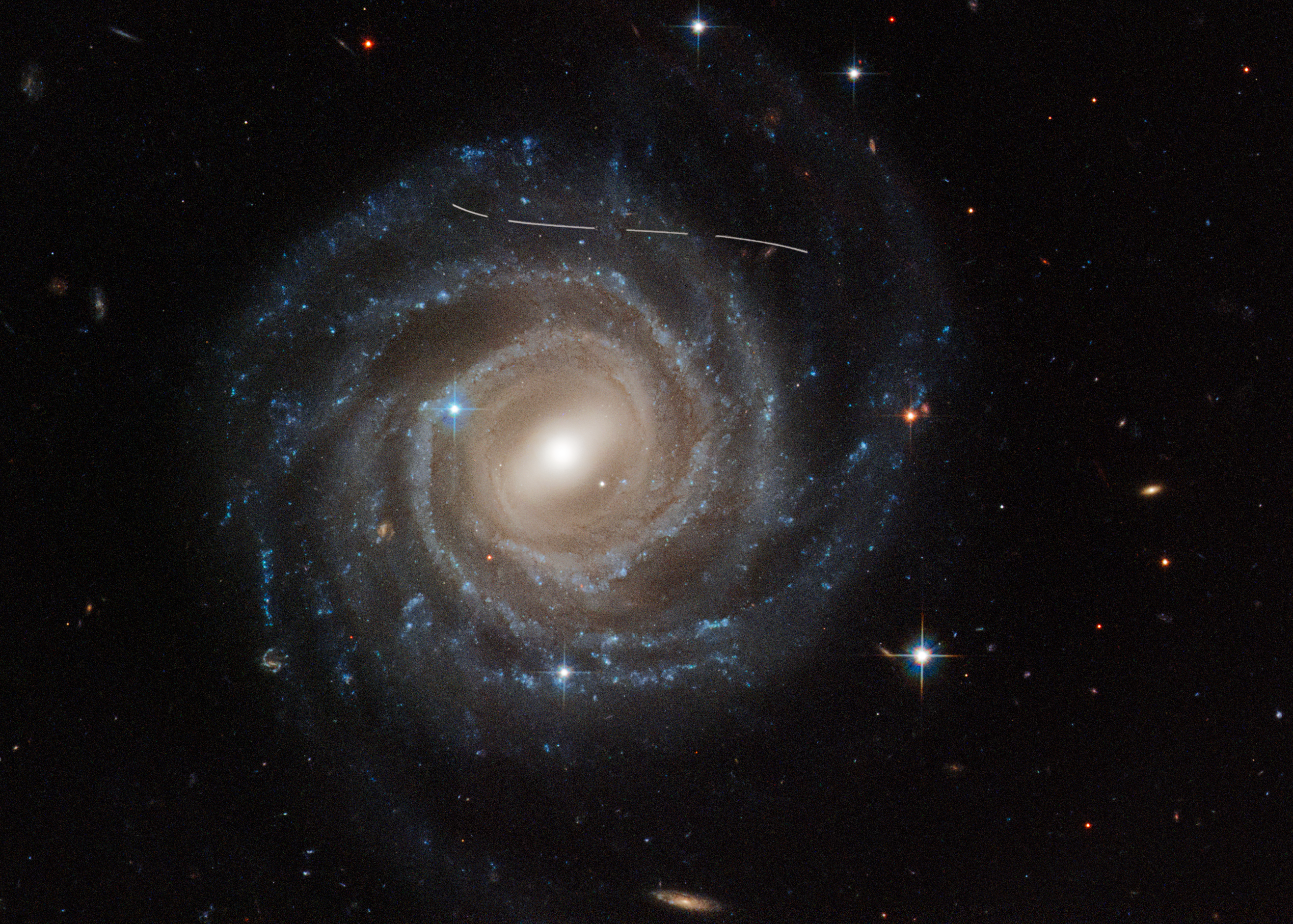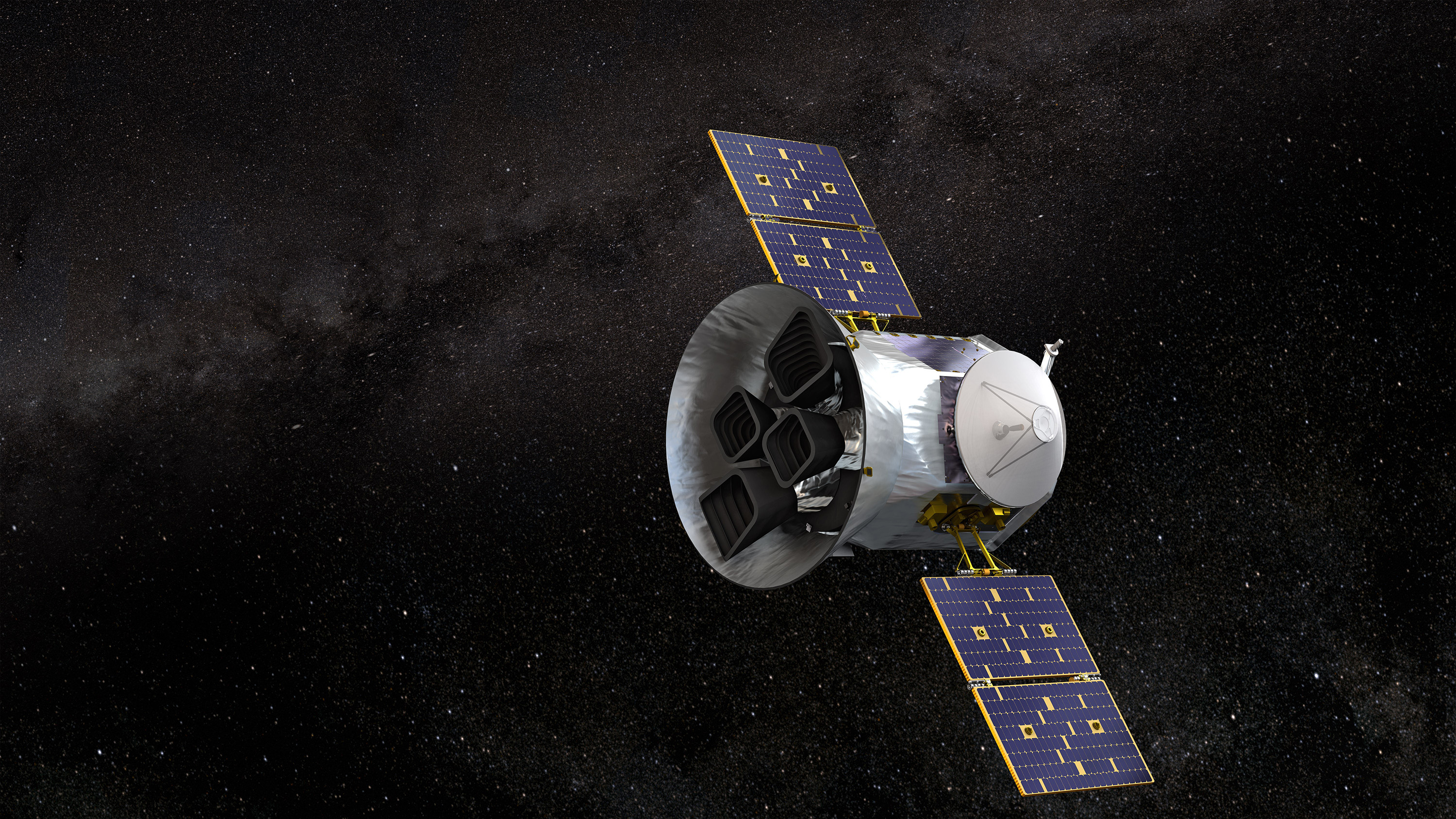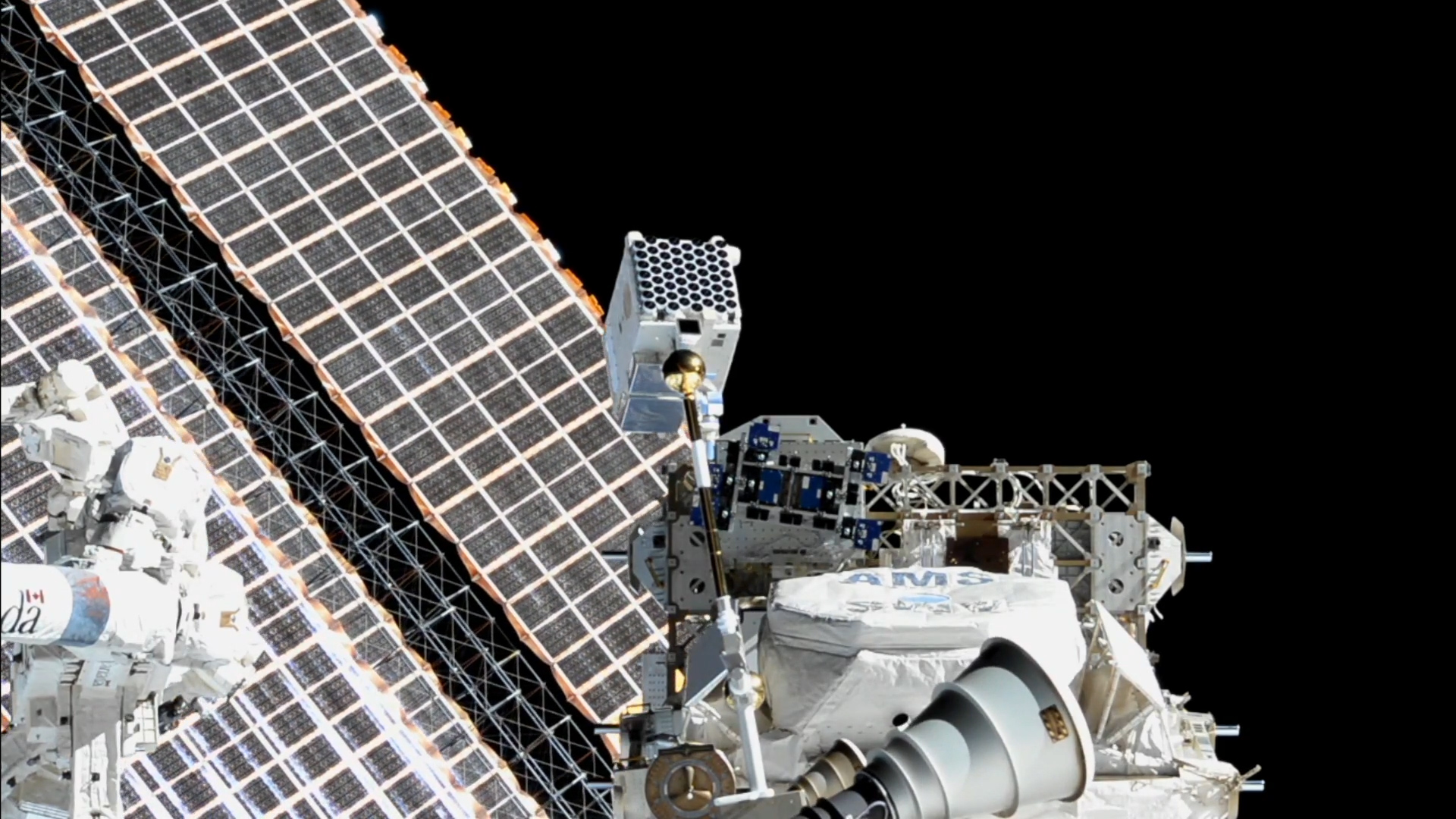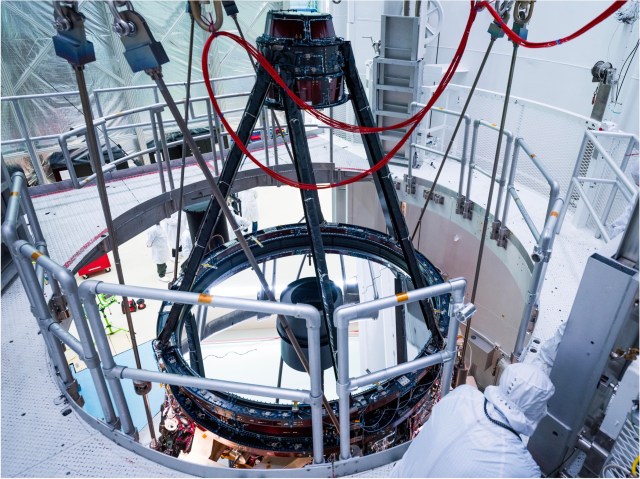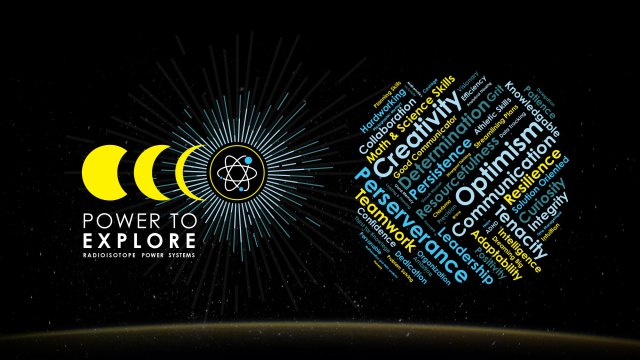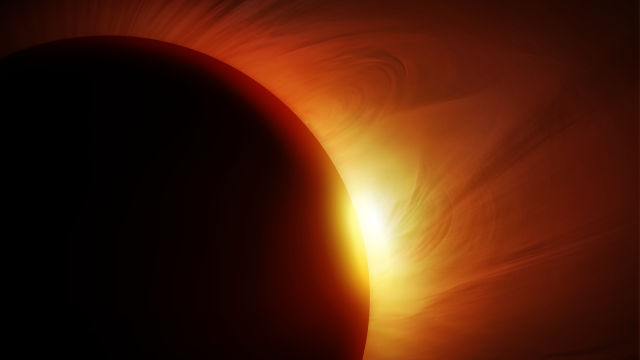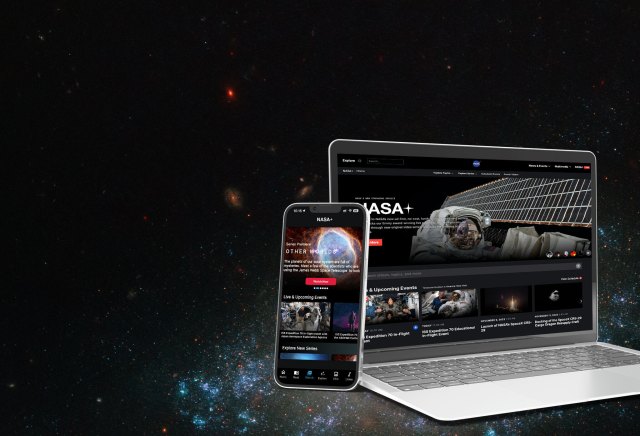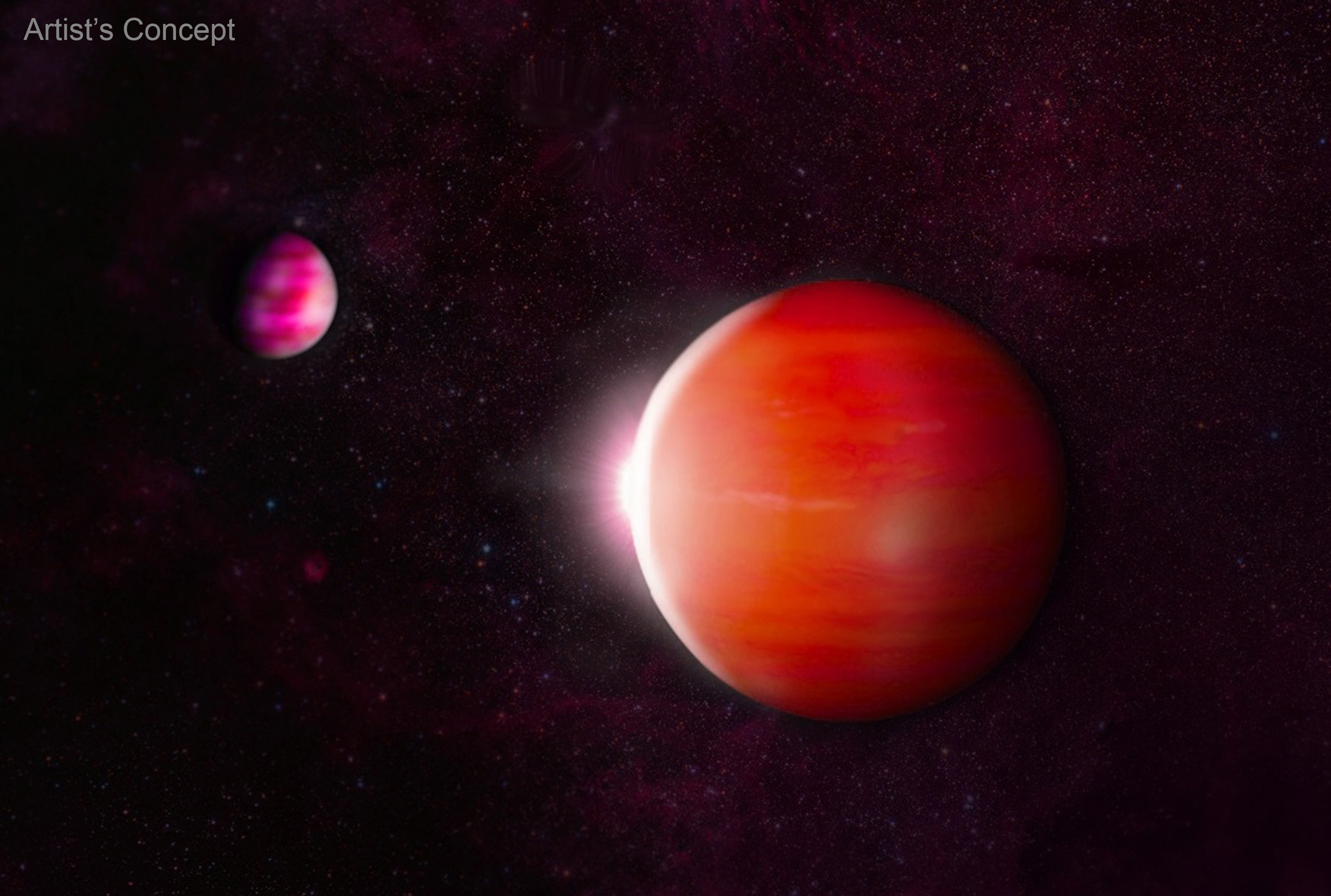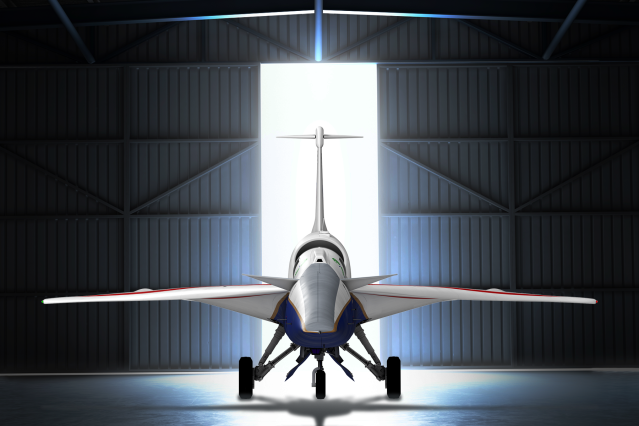Only one set of twins has ever been into space, and now those twins are providing an unprecedented opportunity for scientists to understand better the effects of microgravity on the human body.
NASA’s Human Research Program (HRP) will fund 10 short-term, first-of-its-kind investigations into the molecular, physiological and psychological effects of spaceflight in a continuous effort to reduce the health impacts of human space exploration. The National Space Biomedical Research Institute is partnering with HRP to provide genetic counseling and assisting in the management of the research.
This unique opportunity is made possible by NASA’s decision to fly veteran astronaut Scott Kelly aboard the International Space Station for one year, beginning March 2015, while his identical twin brother, retired astronaut Mark Kelly, remains on Earth.
This study will focus in part on the comparison of blood samples collected from Scott and Mark at regular intervals before, during and after the one-year mission. Physiological and psychological testing also will be conducted on the brothers before, during and after the mission.
Scientific and technical experts from academia and government reviewed 40 proposals submitted in response to the research announcement “Human Exploration Research Opportunities – Differential Effects on Homozygous Twin Astronauts Associated with Differences in Exposure to Spaceflight Factors.” The 10 selected proposals, which are from 10 institutions in seven states, will receive a combined $1.5 million during a three-year period.
HRP regularly assesses crew health and performance during spaceflight to evaluate associated risks. From these assessments, HRP develops strategies to monitor and mitigate these risks. These studies often have the considerable added benefit of advancing health care for people on Earth.
For a complete list of the selected proposals, principal investigators and organizations, visit:
http://go.nasa.gov/1cx1mWZ
For information about NASA’s Human Research Program, visit:
https://www.nasa.gov/exploration/humanresearch/
For information on the National Space Biomedical Research Institute, visit:
http://www.nsbri.org/
For information about the International Space Station, its crews and research, visit:
https://www.nasa.gov/station
-end-
Joshua Buck
Headquarters, Washington
202-358-1100
jbuck@nasa.gov
William Jeffs
Johnson Space Center, Houston
281-483-5111
william.p.jeffs@nasa.gov

